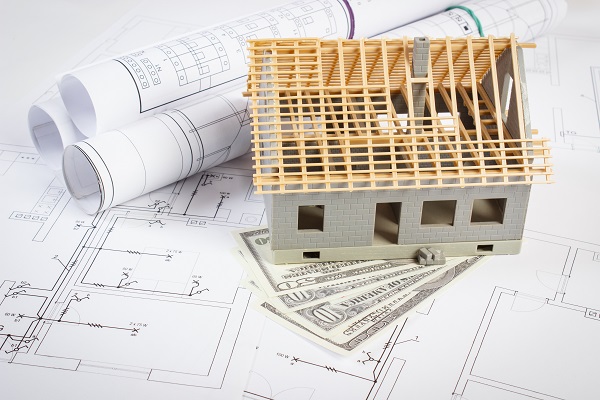
Construction expenses refer to the costs that arise while building a structure, including:
- Materials;
- Labor; and
- Ancillary costs associated with design, execution and planning.
Construction expenses are a significant factor for virtually every construction project. For example, estimated expenses have the potential to impact the feasibility, profitability, and overall success of a construction project. Below are multiple factors that may impact the overall cost of a construction project.
1. Type of Construction
The type of construction – such as industrial, residential, or commercial construction – plays a role in the total cost of the project. Different types of construction have different requirements for materials, labor, and design, which can impact the overall cost of the project.
2. Location of Project
The location of the project can play a role in the overall cost of construction. For example, the cost of construction in a densely populated urban area could be higher relative to a project in a rural area.
3. Materials Used
Construction materials –including steel, concrete, and wood – can vary widely depending on the type and quality of the materials used. For example, if you decide to use higher end materials, then there is a greater likelihood that the overall cost of the project will increase.
4. Labor
Labor costs are another major factor that can impact the overall expense of a construction project. The cost of labor can vary greatly depending on the region and the type of labor required for the project. For example, skilled labor, such as electricians or plumbers, can be more expensive compared to unskilled labor, such as manual laborers.
5. Permits and Regulations
Expenses associated with securing permits and complying with regulations can impact overall construction costs. Some regions may have more stringent regulations, which can increase the cost of construction.
How to Manage Construction Expenses
To manage construction costs effectively, it is important to consider the above factors and plan accordingly. Additional strategies for managing construction expenses include:
- Choosing a more cost-effective location;
- Use lower-cost materials;
- Reduce the complexity of the design;
- Maintain a clear understanding of the construction budget;
- Track expenses throughout the project
Another important aspect of effectively managing construction expenses is to have a clear and detailed contract with the contractor tasked with doing the actual work, including the materials they plan to use, the cost of their team, and their estimated timeline for completing the project. The contract should also outline the payment schedule, and any other terms and conditions related to the construction project. This can help mitigate the risk of disputes and misunderstandings, which can lead to delays and additional costs.
Contact RD Fast Construction for Your Next Construction Project Today
Whether you are looking to build a hotel, restaurant, shopping center, office complex or a new home, the scope of expenses can impact the feasibility, profitability, and overall success of a construction project. Hence, it is in your best interest to work with a highly reputable and experienced Los Angeles construction company to enhance your experience from start to finish.
At RD Fast Construction, our contractors dedicated to building residential and commercial buildings that stand the test of time. For further information or to schedule an appointment please contact RD Fast Construction at 213.842.1229 or visit www.RDFastConstruction.com to learn more.



